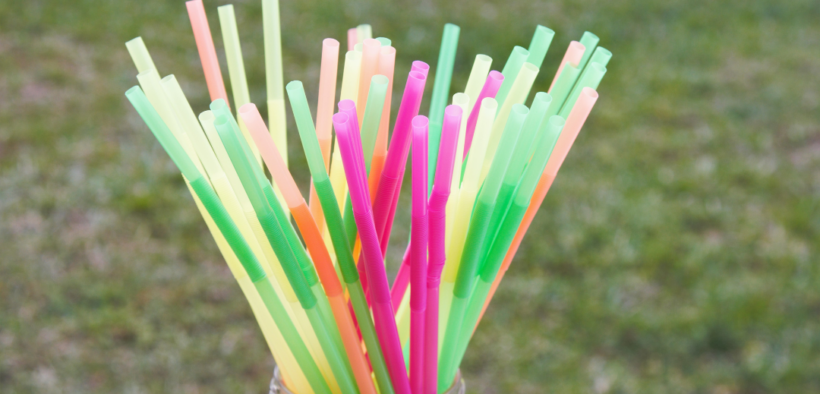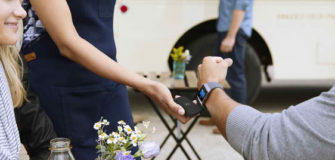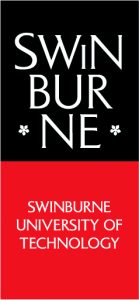NSW outlaws single-use plastics
Share

NSW has now outlawed single-use plastics, a move that environmental activists have hailed as a significant victory for wildlife including birds and fish.
Once commonplace items including plastic straws, plates, plastic-stemmed cotton buds, cups and personal care products with microbeads are now outlawed in NSW.
“Today we are banning single-use plastic items, like straws, stirrers and expanded polystyrene bowls and plates,” Environment Minister James Griffin said on Tuesday.
The parliament received 16,000 submissions in 2020 in response to a proposed ban, with 98 per cent supporting the move.
The Plastics Reduction and Circular Economy Act passed the parliament last year, and the government has since worked with more than 40,000 businesses in 15 languages to prepare them for the transition.
NSW generates 800,000 tonnes of plastics every year, and the ban will prevent 2.7 billion individual plastic items from entering the environment over the next two decades.
Read also: Retail Learning Channel » Retail group claims buyers’ price sensitivity
The moratorium follows the phasing out of lightweight single-use plastic bags in June.
Anti-plastics campaigner Shane Cucow from the Australian Marine Conservation Society says the ban is a huge win for dolphins, seabirds and whales.
The move takes NSW, which has the country’s largest plastic footprint, from being an environmental laggard to a leader, he says.
“We thank the government for listening to ocean lovers, who have been demanding action to clean up plastic pollution and restore our beautiful marine environment,” Mr Cucow said.
Despite some teething issues, business has been mostly on board with ditching plastic, Ebony Johnson from the National Retail Association told AAP.
The association travelled across the state educating 40,000 businesses and community organisations, making 13,000 in person visits.
“Because consumers want it too, it makes good business sense,” Ms Johnson said.
“These are really obvious items, and I think the ban is pretty straightforward.”
The government had given business plenty of notice, so supply bottlenecks were able to be dealt with.
Assistance to businesses and community organisations will continue for the coming months as the transition is finalised.
The government’s plastics action plan also includes cleaning up plastic pollution and investigating alternatives, at a cost of $356 million over five years.











Follow us on social media